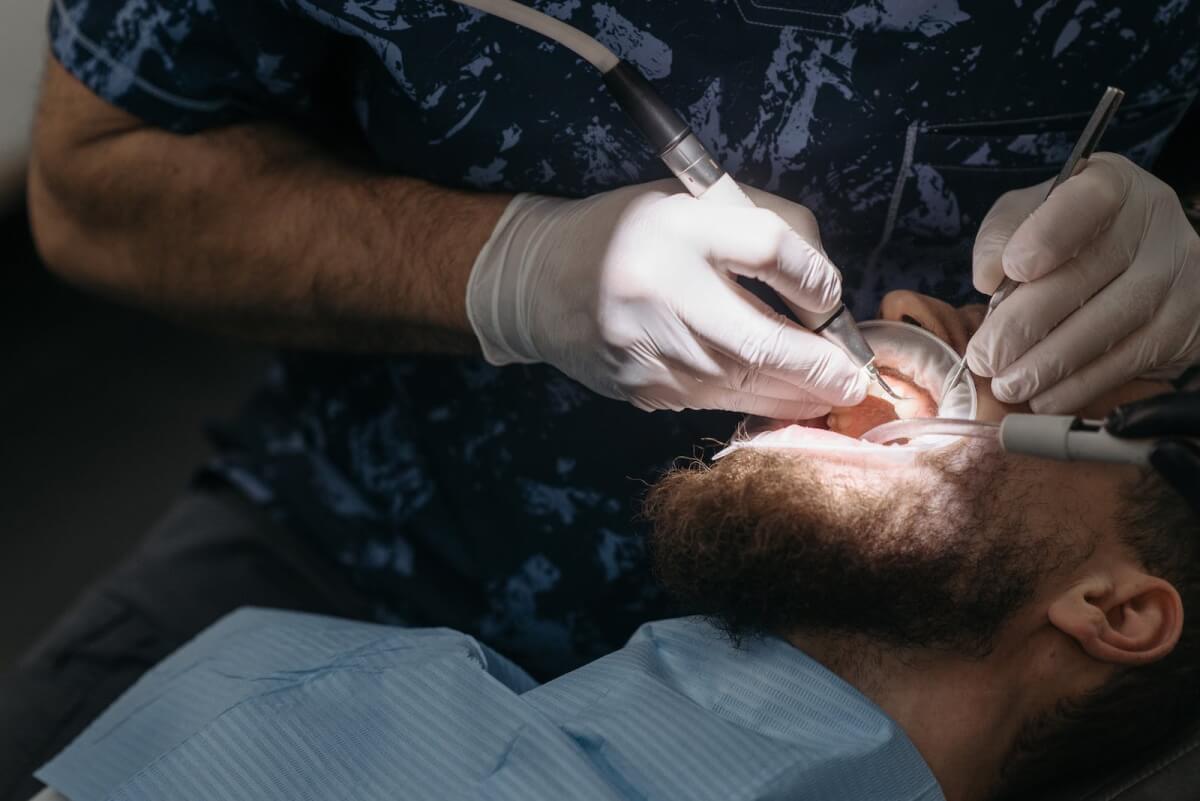OKAYAMA, Japan — As people age, maintaining both oral health and overall well-being becomes increasingly important. Now, a new study by Japanese researchers suggests that these two aspects of health may be closely connected for older adults.
The study was conducted by a team at Okayama University Hospital and Okayama University. They examined 218 adults 60 and older who were regular patients at the hospital’s dental clinic.
Researchers hypothesized that a person’s oral condition may be associated with subjective well-being among older adults even when considered alongside nutritional status and both individual and environmental characteristics. Well-being refers to a person’s overall quality of life, including positive emotions and life satisfaction.
Studies show that higher well-being is linked to better health outcomes in both healthy populations and those dealing with medical conditions. Given Japan’s increasing life expectancy – projected to reach nearly 92 years for women by 2065 – maintaining well-being is an important piece of achieving what the study calls a “100-year life period.”
On the flip side, poor well-being is associated with conditions like depression, limitations in daily activities, lack of social support, unhealthy lifestyle behaviors such as smoking, and chronic diseases. As we age, frailty also becomes a concern – characterized by weakness, fatigue, weight loss, low physical activity, slowed motor processing and walk speed, and vulnerability to stressors. Oral frailty is a component of this, reflecting age-related declines in chewing, swallowing, and speech.
“The scientific evidence for the relationship between oral health and psychological well-being is limited. To overcome the limitations of the previous studies and as a step toward health promotion, we evaluated the association between individual and environmental characteristics, oral condition, and nutritional status in relation to subjective well-being among older adults,” explains co-author Dr. Noriko Takeuchi, a senior assistant professor from the university’s Department of Preventive Dentistry, in a statement.

Most prior studies have looked only at factors like tooth loss or dry mouth. The researchers of this report wanted to gather more extensive data on participants’ oral condition, including:
- Bacteria levels on the tongue
- Saliva production
- Tongue strength
- Bite force
- Oral motor skills
- Chewing ability
- Swallowing difficulties
They also screened for medical conditions, smoking and drinking habits, social connectedness, independent living abilities, and nutritional status that might play a role. Well-being was scored using a validated scale that measures positive mood, vitality, and general interests over the past two weeks.
Statistical modeling of the data found that oral condition didn’t directly relate to well-being. However, better oral health was linked to better nutrition – and good nutrition was tied to higher well-being. The findings suggest that oral condition may influence subjective well-being via nutritional status.
“Maintaining good oral health can help improve nutritional status, which in turn, can improve subjective psychological well-being,” says Dr. Takeuchi.
Social and physical environmental characteristics also appeared to play an important role, relating to both oral health and well-being in the analysis. Previous studies have suggested that poor social support and poor social networks adversely affect oral hygiene, including gum disease and tooth loss. Those studies further indicated that social isolation may increase psychological distress, smoking, and unhealthy eating – all affecting oral health.
Conversely, researchers say that impaired oral function can interfere with eating, communication skills, and self-confidence – fueling relationship loss and loneliness that lowers well-being. As chewing and swallowing decline with age, older adults tend to shift toward softer, more processed foods that can lead to weight loss and malnutrition. At the same time, conditions like rheumatoid arthritis and diabetes, often seen later in life, can both disrupt eating and affect oral health.
Layered on this are social aspects like isolation and lack of mealtime support that introduce more dietary and wellness risks as we age. The Okayama study results highlight how oral, nutritional, mental, physical, and brain health intersect in complex ways as part of overall well-being.

While the current study didn’t establish cause-and-effect relationships, the researchers say it’s an important first step in elucidating pathways between oral function and well-being while accounting for related health and lifestyle variables.
“Our cross-sectional study has some limitations; however, the results highlight that a good oral health may improve the subjective psychological well-being in the long run,” concludes Dr. Takeuchi.
Moving forward, the group wants to clarify if declines in oral condition directly or indirectly impact well-being based on their model linking nutrition and environment. They also hope to determine if early intervention to support oral and overall health could help maintain well-being as Japan’s population ages.
The study is published in the journal PLOS One.
